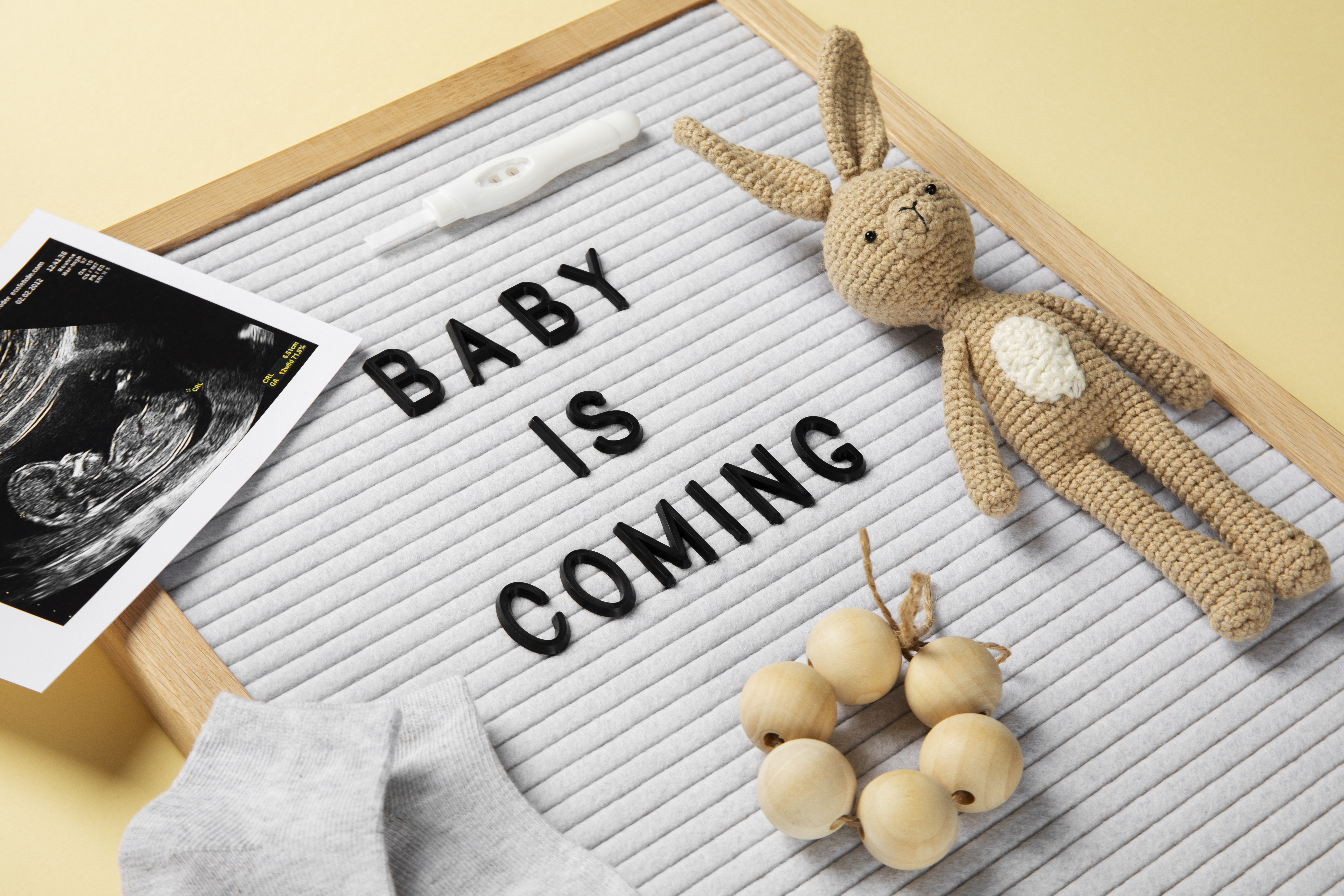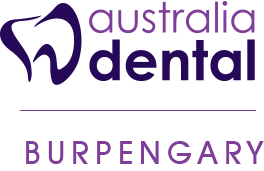Burpengary Dentist Explains: The Connection Between Pregnancy and Dental Hygiene

Image by Freepik
Pregnancy is a remarkable journey filled with anticipation and excitement. During this time, women often focus on maintaining their overall health and well-being. However, one aspect that sometimes goes overlooked is dental hygiene. It’s essential to understand the critical connection between pregnancy and dental hygiene for the health of both the mother and the baby.
The Link Between Pregnancy and Dental Health
Pregnancy can bring about various changes in a woman’s body, including hormonal fluctuations. These hormonal shifts can lead to an increased risk of dental problems, making it imperative for expectant mothers to prioritize their oral health. Here are some key factors to consider:
Gingivitis: Hormonal changes during pregnancy can make gums more sensitive and prone to inflammation, a condition known as pregnancy gingivitis. This can lead to redness, swelling, bleeding, and tenderness in the gums.
Increased Risk of Cavities: Pregnancy can also increase the risk of dental caries. This heightened risk is often attributed to dietary changes, such as increased sugar consumption or cravings for acidic foods, during pregnancy.
Morning Sickness: Morning sickness and frequent vomiting can expose teeth to stomach acids, which can erode tooth enamel and contribute to dental problems.
Gestational Diabetes: Some pregnant women develop gestational diabetes, which can increase the risk of dental issues. High blood sugar levels can lead to gum disease and cavities.
Why Dental Hygiene Matters
Maintaining good dental hygiene during pregnancy is crucial for several reasons:
Protecting the Mother’s Oral Health: Proper dental care can help prevent or manage issues like gingivitis and cavities, reducing the risk of dental pain and complications during pregnancy.
Safeguarding the Baby’s Health: There is emerging evidence suggesting a link between maternal oral health and adverse pregnancy outcomes, such as preterm birth and low birth weight. It is hypothesized that oral bacteria and inflammation may enter the bloodstream and affect the developing fetus.
Avoiding Dental Procedures During Pregnancy: Routine dental check-ups and preventive care can help avoid the need for extensive dental procedures during pregnancy, as some treatments may be best deferred until after childbirth.
Maintaining Good Dental Hygiene
Here are some essential tips for maintaining good dental hygiene during pregnancy:
Regular Dental Check-ups: Continue with routine dental check-ups and cleanings throughout your pregnancy. Inform your dentist about your pregnancy and any changes in your oral health.
Brush and Floss: Brush your teeth at least twice a day and floss daily to remove plaque and food particles that can lead to dental problems.
Rinse with Fluoride: Use a fluoride mouthwash or rinse as recommended by your dentist to strengthen tooth enamel and reduce the risk of cavities.
Eat a Balanced Diet: Focus on a diet rich in fruits, vegetables, and dairy products. Limit sugary snacks and beverages to reduce the risk of cavities.
Stay Hydrated: Drinking plenty of water helps maintain oral health by washing away food particles and reducing the acidity in your mouth.
Conclusion
Pregnancy is a time when taking care of your overall health is paramount, and this includes maintaining good dental hygiene. Proper oral care during pregnancy not only protects the mother’s dental health but also contributes to the overall well-being of both mother and baby. By prioritizing dental hygiene, expectant mothers can enjoy a healthier and more comfortable pregnancy experience. Call us today to book in your appointment 07 3888 9125 or book online!



0